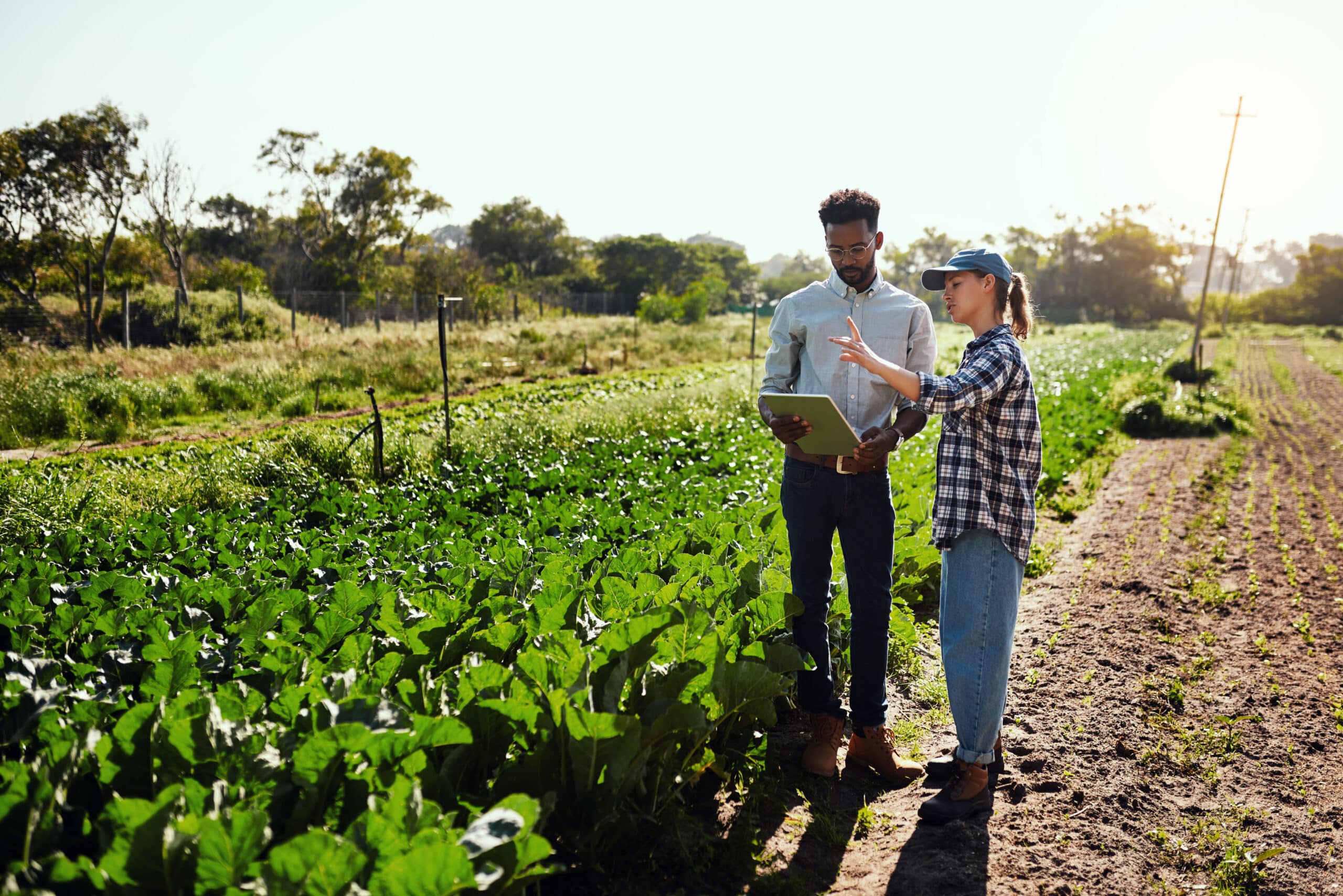Many large agrifood investments are hinged on the success or failure of land acquisition. Yet, for many projects across Africa, the real bottleneck has not been soil quality or climate, but people.
In recent years, an upsurge in community-level litigation and protests has halted developments, delayed processing plants, and raised insurance premiums. The World Bank now estimates that 45% of stalled agribusiness projects on the continent are linked to failures of “social licence” rather than finance or agronomy. Litigation funders, once absent from rural disputes, now provide an organised pathway for communities to challenge investors, and they have financed more than USD 200 million in settlements since 2020.
Incorporating meaningful stakeholder engagement and obtaining Free, Prior and Informed Consent (FPIC) into land due diligence can reduce risk, maintain timelines, and create opportunities for premium markets and concessional financing.
Why community consent now sits at the heart of land due diligence
Land due diligence traditionally concerned itself with verifying title, confirming environmental compliance, and testing water rights. That framework assumed land users were easily identifiable and legally represented. Yet in many jurisdictions, customary tenure runs alongside statutory law. Fields, grazing corridors, and sacred sites overlap. Pastoral rights may be documented only through oral tradition.
When investors ignore those realities, the consequences surface rapidly. For instance, in 2023 a 5,000-hectare pineapple project in Zambia stalled after local chiefs stated that community consultations had been bypassed. Access roads were blocked, lenders halted finances, and construction crews demobilised for eight months.
These flashpoints signal a structural shift in the investment landscape with three significant implications for investors. First, development finance institutions and blended finance vehicles increasingly condition payments on demonstrable community benefit. Second, downstream buyers (especially European retail chains) face their own due diligence obligations under emerging legislation such as the EU Corporate Sustainability Due Diligence Directive. This drives them to exclude suppliers associated with forced displacement. Third, political risk insurers are recalibrating premiums on the basis of social impact audits.
As a result, investors who can evidence genuine community consent secure cheaper capital, smoother permitting, and greater market access.
Designing grievance mechanisms that prevent small disputes from becoming existential crises
Even the most robust consultation cannot anticipate every grievance, but simply having a credible mechanism for complaints to be heard can be instrumental in diffusing conflict and will often mean complaints are resolved before they escalate. International Finance Corporation research across 258 resource sector investments found that projects equipped with formal grievance mechanisms experienced 60% fewer work stoppages than those without.
Effective mechanisms share three characteristics: accessibility, independence, and transparency. Accessibility implies multiple intake points – telephone, post, and in-person. This enables seasonal workers and remote herders to lodge concerns without having to navigate cumbersome bureaucratic hurdles. Independence requires separation from the project’s chain of command. Village committees or third-party ombudsmen often serve this role. Transparency demands that procedures and outcomes are documented and shared, thereby building trust that grievances are not simply shelved.
When designing a mechanism, investors should avoid two common pitfalls. The first is over-legalisation: codifying rules so rigidly that complainants must engage lawyers before being heard. The second is tokenism: appointing a grievance officer without budget, authority, or reporting lines to senior management. A meaningful mechanism must be resourced proportionately, empowered to recommend corrective action, and integrated into board-level risk assessments.
Critics argue that FPIC extends timelines and jeopardises project viability, yet evidence shows otherwise. The average payback period for proactive consent measures is roughly four months. Meanwhile, investors that ignore community rights risk years of delays, reputational damage, and future exclusion from premium markets.
Tracking performance
Investors, lenders, and supply chain partners expect quantitative evidence that social commitments are honoured. While the context of each project is unique, three indicators have proved broadly applicable.
The first is the rate at which consent for different milestones is achieved. Projects should set out discrete milestones, such as initial disclosure, consultation meetings, draft benefit agreement, and final consent. The project team should track progress against a set timeline, with any slippage warranting immediate mitigation action, just as delays in engineering or procurement would.
The second indicator measures the ability of affected individuals to sustain or improve their livelihoods and overall well-being. This requires establishing a baseline measurement of an appropriate wealth metric (such as average household income) at the project’s inception and taking a follow-up measurement at a predetermined point later in the project, or after the project is complete, and then comparing the two. If the second measurement matches the baseline, livelihoods have been maintained. If it exceeds the baseline by more than a specified threshold, then the project and its compensation mechanisms are delivering measurable gains.
The third indicator tracks how quickly grievances are resolved. It measures the length of time from when a complaint is received to when a resolution is agreed upon. International best practice typically aims to resolve disputes within 30 days, although complex compensation cases may legitimately require additional time. Persistent resolution cycles may signal bottlenecks and should prompt a review of staffing, process, or transparency measures. Otherwise unresolved grievances will accumulate, trust will erode, and the likelihood of work stoppages, legal action, or public protests will increase.
By monitoring these three indicators’ directors can gain real insight and visibility into social performance and emerging risks. At the same time lenders are better able to assess project health and tie funding releases and loan terms to these metrics, aligning incentives across all the project’s stakeholders.
The next steps
For executives overseeing land acquisitions, the implications are clear. Before agreeing to any terms, conduct thorough and integrated land due diligence that identifies tenure risks and maps statutory and customary rights with equal rigour. Engage trusted local interlocutors early, not as a public relations afterthought. Budget realistically for comprehensive consultation and grievance resolution, recognising that upfront costs are outweighed by the financial consequences of protests or litigation. Embed grievance procedures into corporate governance structures with direct reporting to key decision-makers. Measure performance against pre-defined KPIs and disclose results to the relevant parties.
Policymakers in host countries can catalyse success by codifying land acquisition procedures, publishing concession contracts, and requiring baseline social impact studies before leases are awarded or sales are agreed. Such measures reduce room for rent-seeking behaviour, lower investor uncertainty, and enable policymakers to maintain high ethical, social, and environmental standards. Development partners can assist by tying funding to social performance, sponsoring community legal literacy programmes and facilitating data platforms that record consultations and land agreements.
Making land due diligence work for your organisation
Land due diligence has become a crucial determinant of commercial performance in frontier agrifood markets. Projects that respect and integrate legitimate land use claims will proceed faster, encounter fewer disruptions, and attract cheaper, more flexible capital. Those that cut corners face mounting litigation, rising insurance premiums, and shrinking market access. In a market where social licence can evaporate overnight, embedding community consent into land due diligence is the best route to securing long-term, competitive advantage.
At Farrelly Mitchell, our due diligence experts provide strategic, technical, and commercial expertise to help guide agribusiness owners and investors towards informed and responsible decisions that deliver both commercial returns and community benefit. Drawing on first-hand experience across technical, commercial, and operational due diligence, as well as risk analysis & management, feasibility and financial modelling, and ESG due diligence, we combine local insight, agribusiness expertise, and global awareness to de-risk investments, build resilient supply chains, and unlock shared prosperity. Contact our experts today to discuss how we can support your business’ sustainable growth and profitability.














